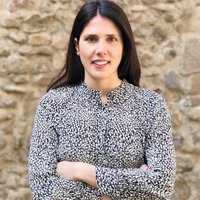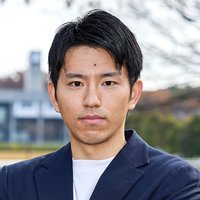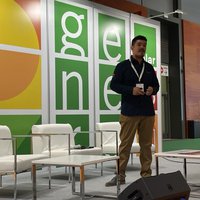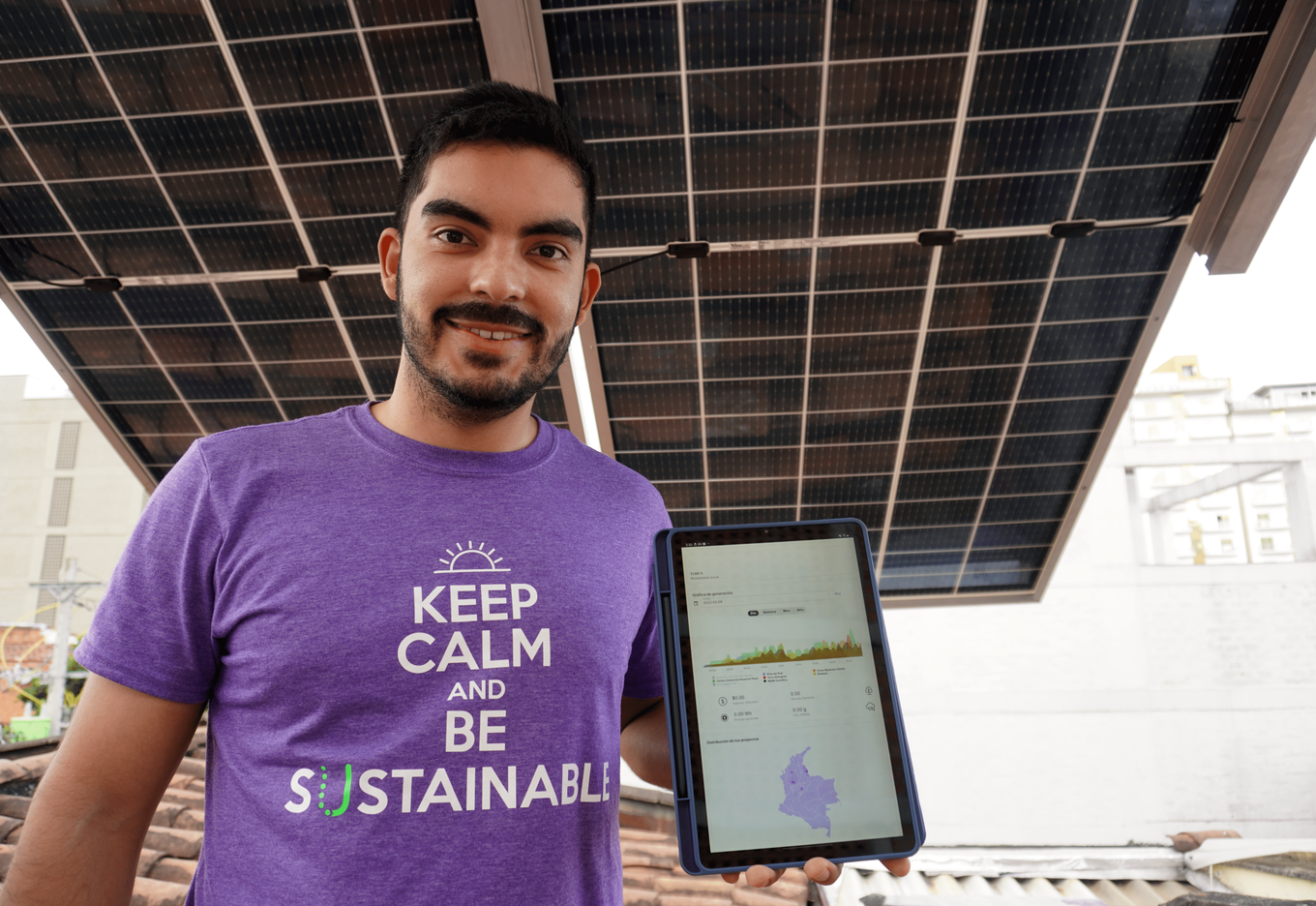To avoid a global rise in
temperatures above 1.5 ºC compared to pre-Industrial Revolution levels, among
many other changes, the electricity we consume must be fully renewable. The
target for 2030 is 70% renewable energy in power generation in Latin America
and the Caribbean. In 2020 the figure was 27.22%, according to the Latin
American Energy Organization. The challenge to decarbonize electricity in the
region is enormous. And one of the obstacles to achieving it is financing.
To meet this challenge, electrical engineer Eduardo Ospina has devised a project that seeks to democratize and decentralize investments in clean energy. As the construction of solar energy projects requires an initial investment, the young man has decided to bring together companies that want to install solar projects with investment funds and individuals who have the necessary capital to finance them. He does this with Unergy thanks to blockchain technology. "It's a platform that connects solar energy projects with people who want to invest in them and help sustainability," says its creator. Thanks to this approach, Ospina has become one of the Innovators under 35 Latin America 2022 chosen by MIT Technology Review in Spanish.
Ospina elaborates, "The biggest problem facing Latin America in democratizing and decentralizing solar energy is the lack of liquidity to finance projects. It takes between $100,000 USD and $1 million USD to install each one. On the other hand, there are people and companies that want to invest in this clean energy because of their environmental awareness but most cannot do so due to lack of space." By bringing these two worlds together, companies get clean electricity with up to 40% discount and investors get a return on their monetary bet.
The young man highlights that by registering with Unergy, the user gets a crypto wallet that allows him to make decentralized and unbureaucratic transfers from anywhere in the world. In addition, the user controls his investment represented by cryptotokens. The project also offers a cheaper energy tariff to companies. Another of Ospina's inventions, a device that increases the performance of solar energy projects by allowing tracking of the sun's trajectory and automatic cleaning, improves the financial performance of projects. Ospina recalls that his dream since childhood was to be an inventor. "After college my motivation beyond inventing is to create new things that have an impact to combat humanity's biggest problems like climate change," he adds.
His product has more than 1,300 investors who have supported 25 solar projects in Colombia. Unergy has already reached Brazil and expects to finance solar energy projects throughout Latin America with US$200 billion by 2023 to achieve the goal of a greener electricity grid by reducing the world's climate change financing gap.




